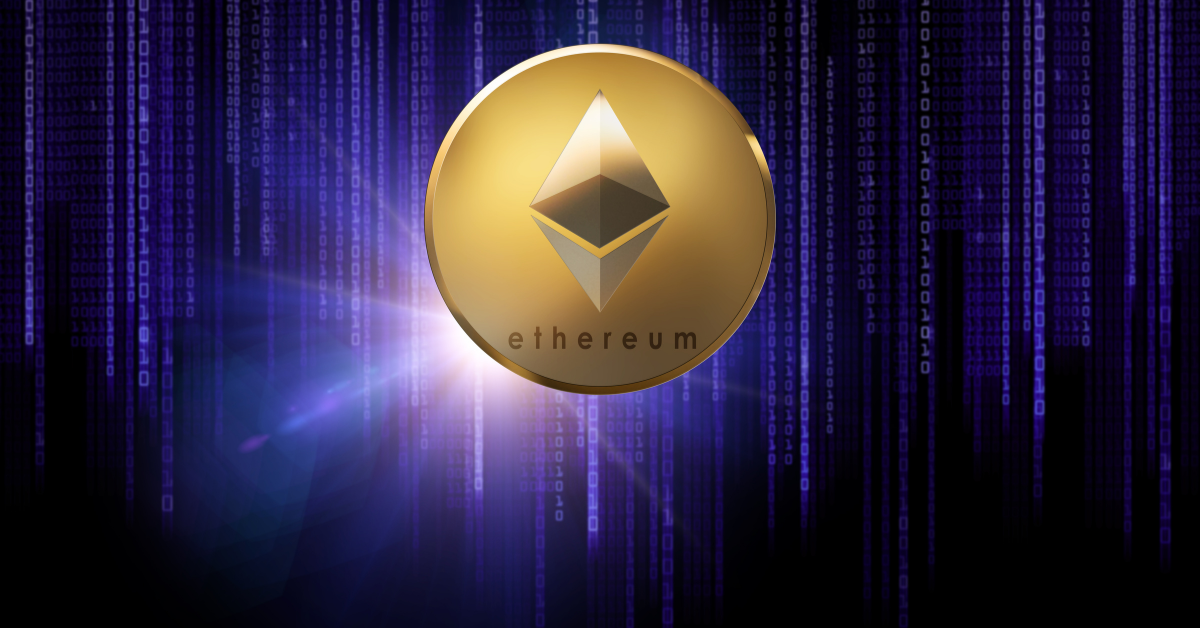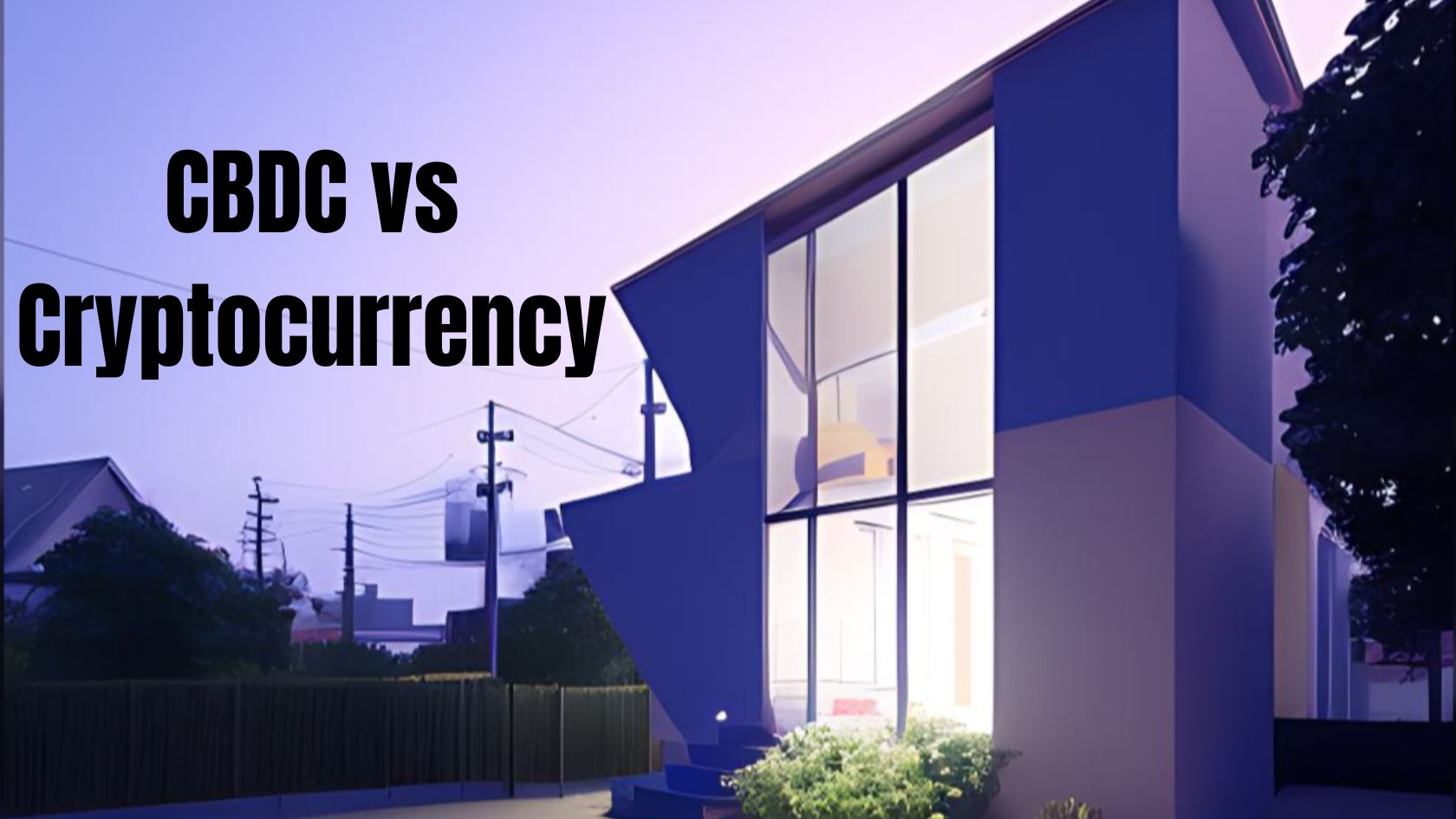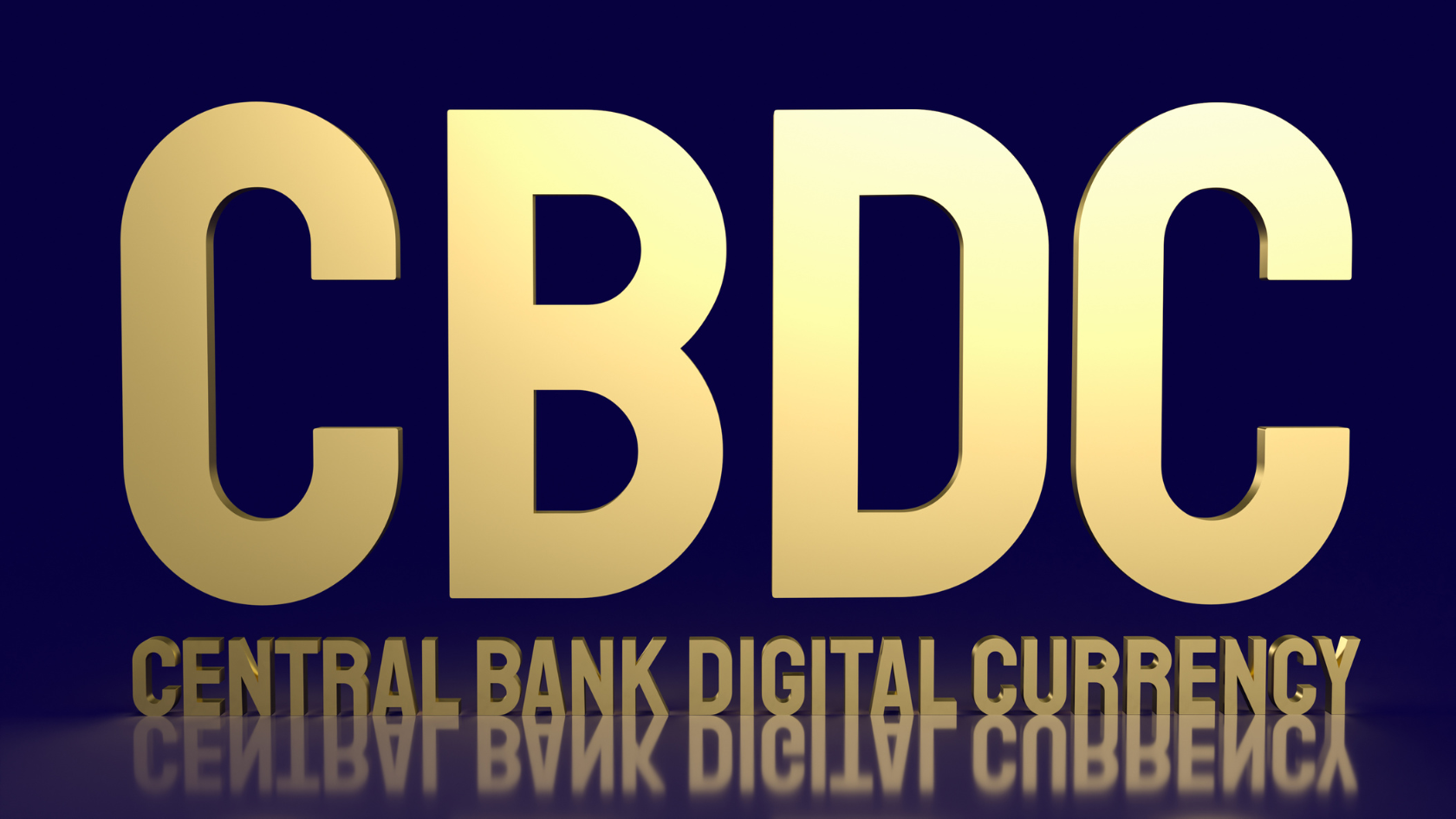Ethereum is a decentralized blockchain network powered by native cryptocurrency Ether. Ethereum is decentralized, meaning that there is no singular authoritative entity that governs the network, rather, the Ethereum blockchain operates within a global, distributed network of validator nodes that govern the blockchain together. These nodes are computers that work together to confirm transactions made on the blockchain and are in constant communication with each other to ensure that the network is functioning effectively and with honesty. Ethereum’s decentralization guarantees transactional security and the infinite record of all transactions made on the blockchain to ensure that there is no double spending or foul play.
Ethereum can be used to replace traditional financial models. Unlike Bitcoin, what makes Ethereum a powerful blockchain is its introduction of smart contracts. Smart contracts are programs built into blockchains that allow transactions to be self-reliant. When certain conditions are met, smart contracts are programmed to automatically execute on their own, without the need for a third party. The efficiency of smart contracts threatens the model of traditional financial transactions because they enable both parties in the transaction to be immediately aware of the outcome without any need for an intermediary or unnecessary delays in performing the transaction.
Ethereum’s decentralization introduces new approaches to various inefficiencies of the traditional financial system, such as the systematic leaking of personal private data (purposely or accidentally), governing institutions having the ability to close down markets at will, trading hours being reliant on the limitations of business hours in specific time zones, money transfers taking days as a result of human interference, and third parties operating at expensive premiums, among many other problems. Through decentralized finance (DeFi), a new model for financial procedures has emerged, and the world has seen DeFi create decentralized alternative solutions for most financial transactions. From decentralized lending, borrowing, stock trading, banking, and much more, DeFi offers everyone the opportunity to get involved in a global financial system regardless of borders, time zones, or personal history. Ethereum has introduced the next era of personal and global finance.
Besides transactional purposes, smart contracts on Ethereum bring so much opportunity for the network because they allow software developers to build decentralized applications (dApps) on the Ethereum blockchain. Put simply, Ethereum allows for the permissionless operation of applications on its blockchain, which maintain user privacy and ensure infinite existence of the application once created because of the immutable nature of the blockchain. For example, dApps allow the development of decentralized social media platforms, which enforce freedom of speech and lack of censorship due to their decentralization.
In addition to decentralized social media platforms, Ethereum allows developers to build decentralized video games, which actually create opportunities for users to earn in-game crypto income. As more and more people move towards the use of technology to stimulate their attention, decentralized gaming is pioneering the future of the metaverse, and with Ethereum being the leading smart contract blockchain, it is poised to spearhead the next frontier of innovation.
Ethereum is also the standard for the deployment and purchasing of digital art like NFTs, which add even more utility to the metaverse. NFTs are non-fungible tokens, or digital assets that represent ownership of art, music, videos, and much more. Ethereum is used as the highway to facilitate the existence of these NFTs and is the currency that allows these tokens to be bought and sold. These NFTs are bought and sold on digital marketplaces like Opensea, which was created back in 2018 and is the world’s first and largest marketplace for NFTs. Some would attribute their knowledge of NFTs to the popular Bored Ape Yacht Club collection. These NFTs have been sold for as much as 769 Ethereum, equivalent to $2.3 million. These jpeg Apes are pictured in creative cartoon-like ways and have been headlined all over social media. These simple and even comedic Apes have been revolutionary for the NFT market through their promotion and popularity throughout the media. Buyers of these Apes, including many celebrities like Eminem and Kygo, have begun using their Bored Apes as their social media profile pictures. Ethereum is relied on when purchasing this digital art and is partly why its blockchain has surged in activity and gas prices over the last year, which will be described later.
While Ethereum remains a coin that excels in specific aspects, certain downsides arise as the network seeks to scale. One liability that is inherent within Ethereum is its energy usage. Compared to Bitcoin it uses significantly less energy, but its 62 KWh average energy use has detrimental effects on the planet when being used at high rates like Ethereum currently is. Ethereum’s carbon footprint is comparable to the carbon footprint of the whole country of Bulgaria. This coin is no carbon joke, its requirement of energy and co2 emissions is harmful to the planet and is something that should not be taken lightly when understanding the Ethereum ecosystem. With global warming being a highly disputed topic in recent years, Ethereum has recognized its harmful impact and soon plans on upgrading to Ethereum 2.0, which is anticipated to use 99.95% less energy.
Lastly, not only do downsides exist in Ethereum’s transaction speed but also in Ethereum’s transaction fees, which are commonly referred to as “gas fees.” Gas fees are costs that users of Ethereum pay to the nodes of the network for their transaction to be validated on the chain. Gas fees are existent from the high demand of transactions to be validated by Ethereum’s nodes. With this said, the basic microeconomic theory holds true, when demand increases, prices will follow. These gas prices are inflated in comparison to other coins due to Ethereum’s network congestion and slow transaction speeds, making Ethereum more expensive than other blockchain networks.





